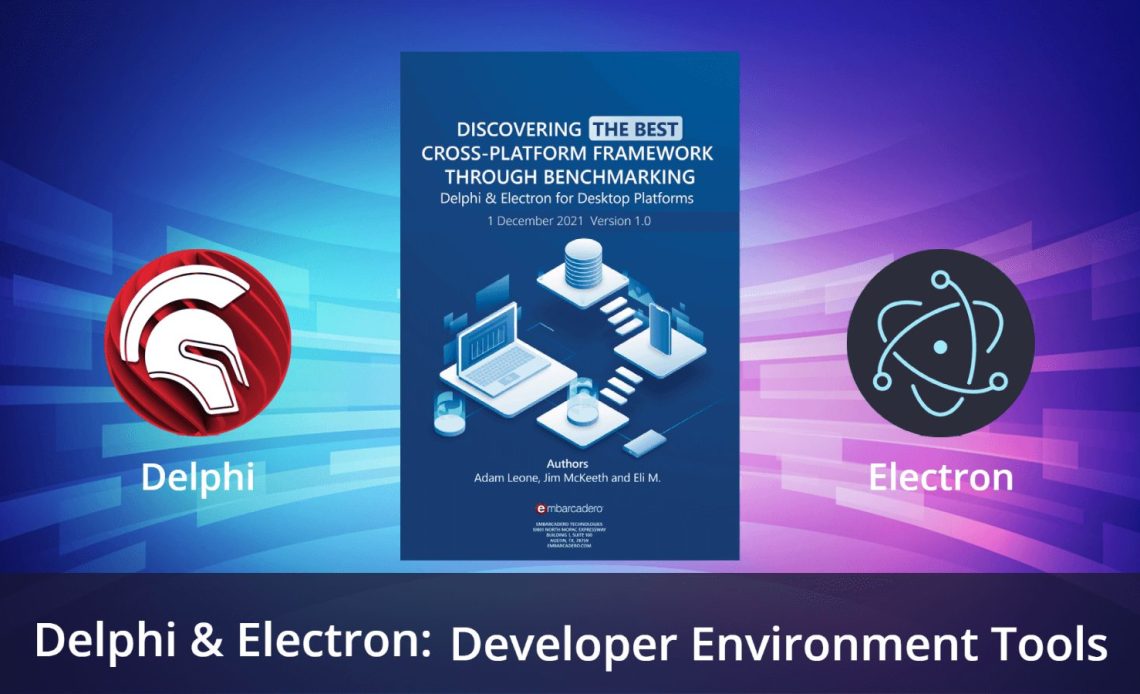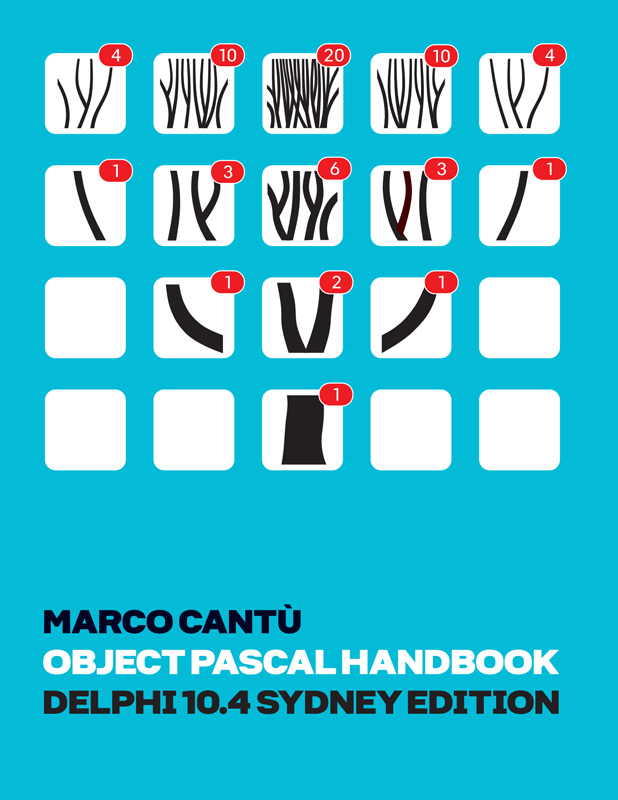
Developer environment tools improve the speed and quality of coding with features like auto-completion, debugging, and emulation. They influence factors like development time, and the need (or lack thereof) to make future updates and bug fixes. RAD Studio, for example, comes with code insight, an advanced debugger, code formatting, refactoring assistance, and keystroke macros.
When businesses choose a software framework they begin a long-term relationship for the duration of their application’s lifecycle. Given the strategic consequences of this decision, businesses must carefully consider how frameworks enhance developer productivity, business functionality,
application flexibility, product performance, the long-term viability of that framework, and the inherent security in each framework’s design and technology. The ideal framework demonstrates strength in each category by minimizing product time-to-market, reducing maintenance costs, supporting product variety, and facilitating a superior customer experience.
The “Discovering The Best Cross-Platform Framework Through Benchmarking” whitepaper evaluates two frameworks supporting multi-platform desktop application development: Delphi and Electron.
This is the third in a series of blog posts looking more closely at each of the 26 individual metrics used in the study, and how Delphi and Electron each fared on these metrics. The first can be found here.
Download the complete whitepaper here
Benchmark Category: Developer Productivity
Developer productivity is the measure of effort and code required for developers to complete typical development tasks. Productivity directly impacts product time-to-market and long-term labor costs so tools that increase developer productivity have substantial impacts on business timelines and bottom lines. Productivity can be realized in two distinct ways – reduced coding requirements due to native libraries, and IDE tools like code-completion and visual design.
IDEs with greater library breadth generally result in fewer lines of code per application and produce a clean, lean codebase that minimizes opportunities for bugs or maintenance problems later in the product life cycle.
Benchmark Metric 3/26: Developer Environment Tools
Developer Environment Tools: Does the framework IDE standard installation include auto-completion, debugging, and emulation tools? Are multiple IDEs available for the framework? Frameworks with multiple development tools and a choice of IDE better support individual development preferences, techniques, and requirements.
Benchmarking Results
Delphi Score: 4 (out of 5)
Delphi’s IDE, RAD Studio, offers a plethora of developer tools including Code Insight (suggestions, completion, etc.), advanced debugger, code formatting, refactoring assistance, keystroke macros, and integration with common software version control systems. RAD Studio provides an Android emulator feature and can tie into an iOS simulator on a macOS machine. RAD Studio is the only IDE available for Delphi and the only method of compiling Delphi projects, however, both the code and UI definitions can be edited using standard text editors.
Electron Score: 4 (out of 5)
Electron applications can be written in code editors such as Visual Studio, Atom, and WebStorm as well as full IDEs. All offer robust features and tools to enhance developer productivity. Electron must be compiled, run, and packaged using the command line – integration with Visual Studio Code hasn’t been completed. Third party solutions may be available.
Download the complete whitepaper here
Design. Code. Compile. Deploy.
Start Free Trial Upgrade Today
Free Delphi Community Edition Free C++Builder Community Edition






